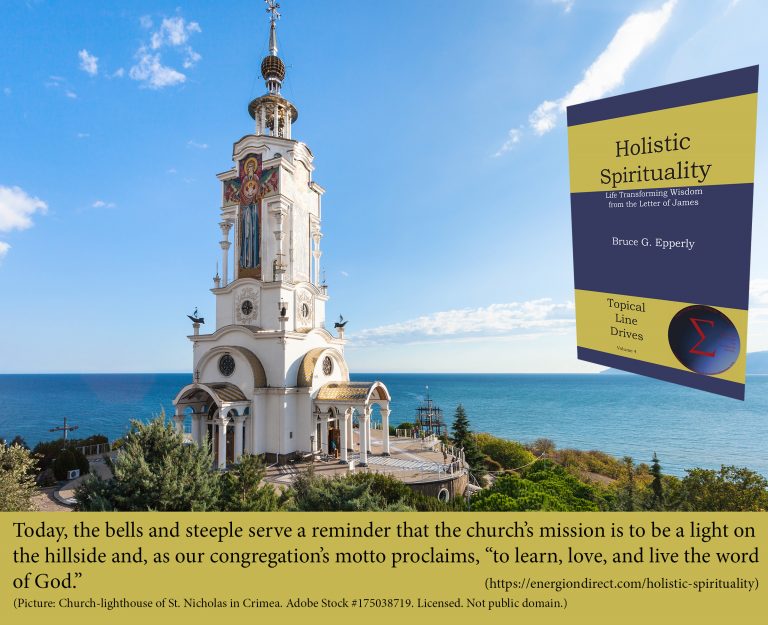Psalm 119:48 – Meditating
And I lift up my hands to your commands which I love,
and I will meditate on your statutes.
I haven’t been entirely consistent in how I translate the first word of each couplet in this section, but they begin with the Hebrew letter vav (or waw as is sometimes taught in classical Hebrew). This would be “and” or some sort of connective in English. Verse 48 is the end of the eight-verse section. Tomorrow we start on the letter zayin, which sounds like the English ‘z’.
The first word in verse 49 is zekor, the imperative ‘remember’. Addressed to God. We’ll talk about that tomorrow!
But the word ‘remember’ came to me as I thought about my project of meditating on this chapter. My practice has been to read the verse just before I go to bed, setting the subject for my mind for the following day. I read it again in the morning. It’s interesting to me how many times I can’t remember which verse I’m to meditate on when I get up, or how many times I might have to remind myself during the day. My mind doesn’t just wander. It charges berserkly from subject to subject and often doesn’t want to settle anywhere. I have quick practices I use to restore my focus.
So what as it meant to meditate on these verses?
First, because I intend to write something, I have had a focus for my thinking. What would it be good to say about this particular verse?
Second, it has become part of the way I focus my activities of the day. If I find myself needing moment to refocus, reading the verse or remembering it and thinking about it provides me with a punctuation point for my day.
I could have a worse way to restore my focus!
This is also a different way of handling scripture, and I think it’s valuable. My normal focus is very factual. I started studying biblical languages because I wanted to get the meaning of scripture as precise as possible. I still value a precise reading of scripture and the attempt to understand what a passage meant to the person who first wrote it and those who first heard it.
That process of exegesis, and critical analysis of every possible aspect of the text remains an anchor point. In studying these verses, I consult the original languages and ancient translations. I look at possible relationships between these words and those in other ancient languages. I always want to start with what the psalmist was likely thinking as he wrote these words.
I cannot know that precisely. That’s one reason I call it an anchor point. It’s easy to conclude that if I can’t understand something perfectly and precisely I might as well not try. I compare this to the building of an aircraft. There are always tolerances in measurements. Nothing is perfect. But the builders can never forget working to those standards, or disaster will follow. History has shown us how that works!
But scripture is not limited to being a source of data. It provides a way of thinking and a basis for thinking. That’s where meditation on scripture is so valuable. A scripture can shape your thinking about something that the original author didn’t even conceive. (I realize that God conceives of everything. I’m talking about the human author.)
The process of deciding can point the way to how other decisions are to be addressed or to principles one can apply in many areas. The text can also simply provide the catalyst for other ways of thinking. Scripture is a written form of the powerful, creative Word of God, and that Word can empower things that previous readers or the original writers were unaware of.
In reading from and meditating on God’s Word, you can provide the opportunity for you to hear God speak.
What new approach could you take to benefit from God’s Word?
(Featured image from Adobe Stock By Sensvector. Licensed. Not public domain.)



